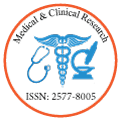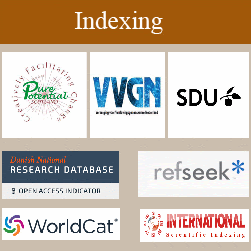Photodynamic therapy (pdt) in early stages of acute adult covid-19 patients: effects on viral load measured by qpcr
Author(s):
Hans Michael Weber, Yasaman Zandi Mehran, Armin Orthaber, Hadi Hosseini Saadat, Robert Weber, Matthias Wojcik
Background: The Covid-19 pandemic has negatively impacted Global Health and the world’s economy dramatically since early 2020. Although the development of vaccines has made fast progress, there are currently only a few effective medications and treatment options available for infected patients available.
Objectives: The objective of this study was to evaluate the efficacy and safety of Photodynamic Therapy (PDT) with Riboflavin and a specially designed light treatment kit with blue and UVA light as a treatment tool for reducing viral load and clinical symptoms in patients with early stage Covid-19 infection.
Methods: This interventional, non-randomized study involved 140 adult subjects. Participants were allocated to receive either PDT plus daily testing for 5 days or to receive conventional care plus testing. The viral load in the oral and nasal cavity and clinical symptoms were measured at the start of the study and after 24,48,72,96,120 and 168 hours.
Results: The mean CT value in the treatment group was 29.63 at day 1 and 36.3 at day 5, for a difference of 6.68 threshold cycles and a confidence interval of [5.2;8.72]. Based on Welch’s t-test for two samples, this difference was significant (p<0.01). The same test showed no difference in the means of the control group. Further analysis showed a significant difference between the treatment and control group in the clinical symptoms after 5 days as well, when controlled for the differences at the beginning.
Conclusion: PDT decreases viral load and improves clinical symptoms in patients in early stages of Covid-19 significantly. It could be a promising tool for treatment of acutely infected patients in early stages to prevent progression of disease



